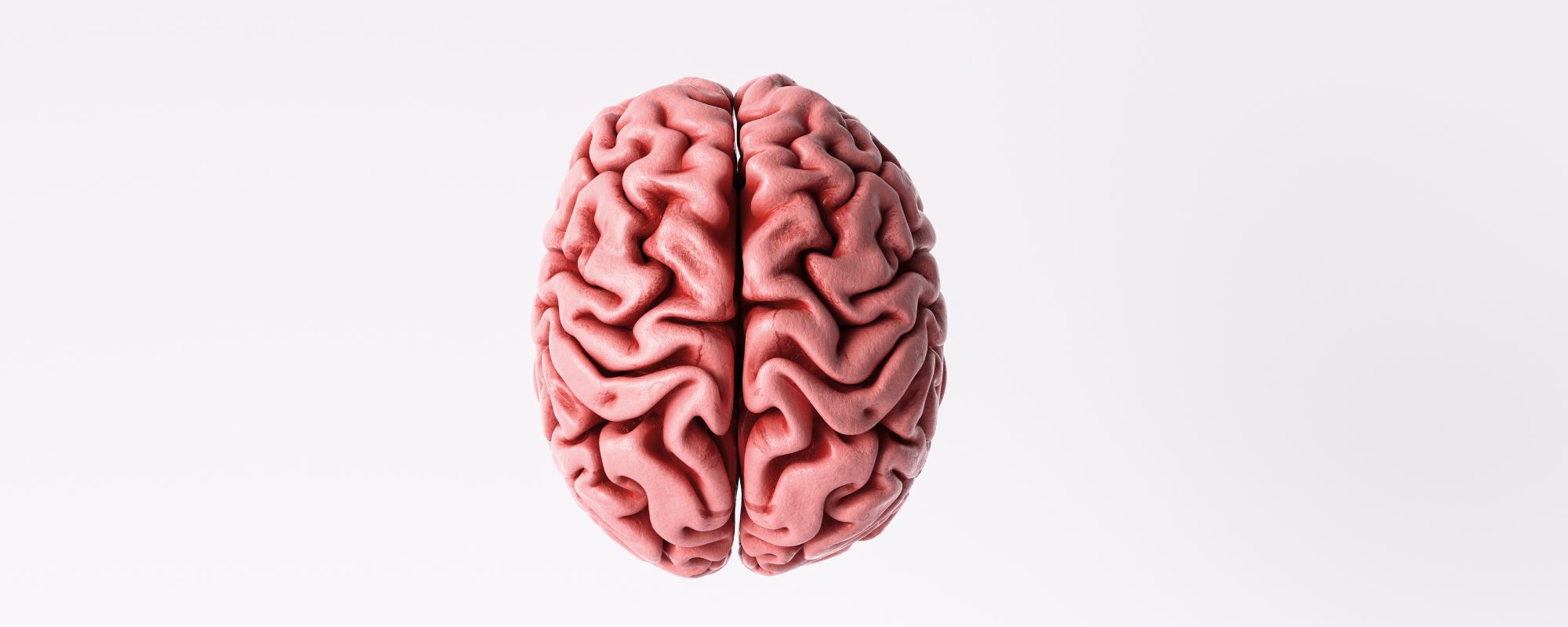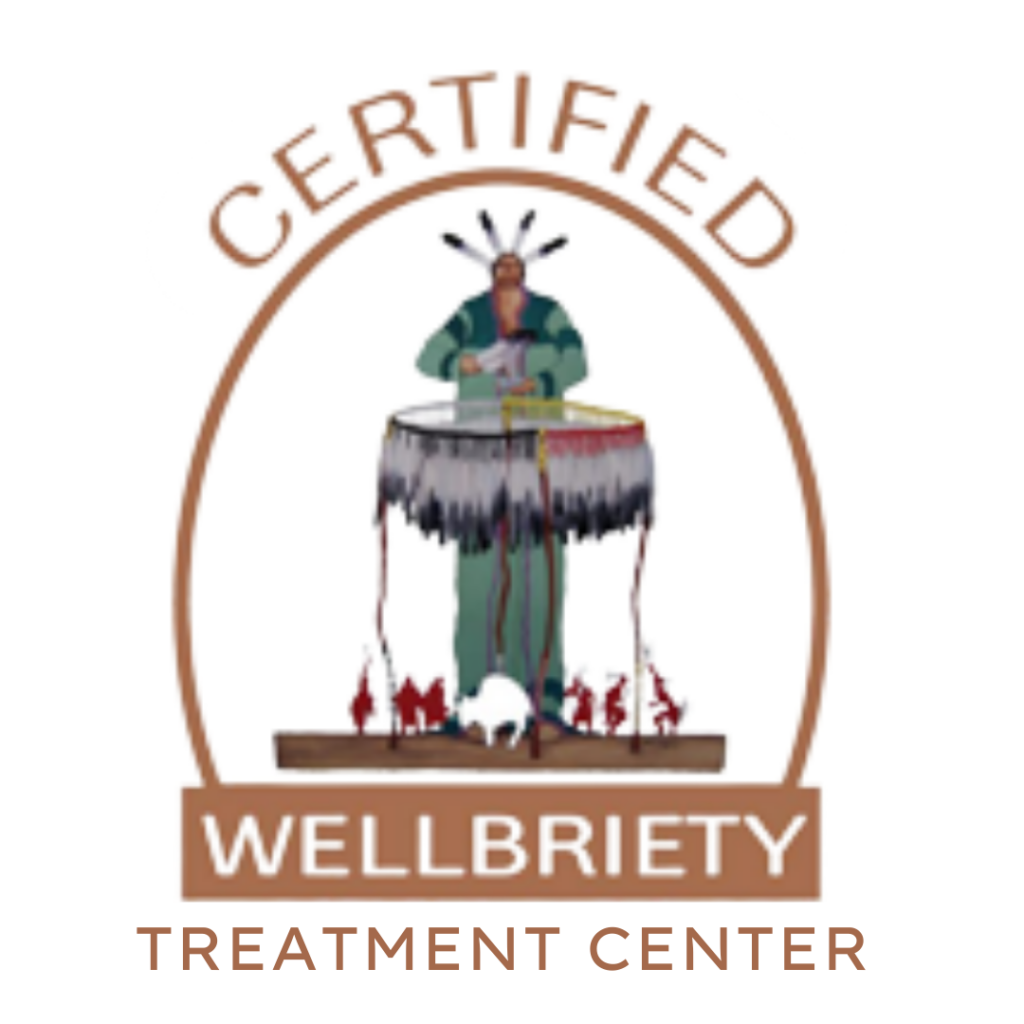There are a number of therapies in practice in the substance use recovery field, and some work better for certain individuals. Cognitive behavioral therapy (CBT) is a form of psychotherapy often found to have positive effects on many different people and mental health disorders.
If you’re new to therapy, you may be excited, skeptical, neutral, or some combination of the three at the idea of sharing and discussing your thoughts and feelings with a therapist or counselor. All of these feelings are fair, but therapy can be one of the most effective and lasting treatments for mental health issues, such as substance use disorder.
What is cognitive behavioral therapy (CBT)?
Cognitive behavioral therapy is a specific kind of psychotherapy that focuses on the present and works to address dysfunctional emotions by increasing awareness of such thinking. A solution-oriented therapy with a focus on changing dysfunctional emotions and establishing new modes of thinking and new behavioral patterns in their place, CBT tends to be more limited in duration than other forms of psychotherapy.
Often, skills learned— learning to identify negative thinking, adjusting personal beliefs, relationship skills, and changing behaviors, among others— are applicable to all stages of life.
According to the American Psychological Association (APA), significant scientific evidence exists to support CBT as a change-producing method of therapy. CBT is based on the idea that it is the perception of a situation, not the situation itself, that influences emotional reactions, and that being able to recognize and manage thoughts, rather than focusing on the situation alone, can help change thinking and behavioral patterns.
The APA cites the following as the core principles of CBT:
- “Psychological problems are based, in part, on faulty or unhelpful ways of thinking.
- Psychological problems are based, in part, on learned patterns of unhelpful behavior.
- People suffering from psychological problems can learn better ways of coping with them, thereby relieving their symptoms and becoming more effective in their lives.”
When is CBT used?
CBT is generally the preferred form of psychotherapy because progress is made in fewer sessions and may be more structured than other forms of therapy. Cognitive behavioral therapy has been found to help with mental health disorders such as substance use disorder, depression, anxiety, bipolar, and PTSD, among others.
Why is CBT used in the treatment of substance use disorders?
CBT is also a low-risk form of therapy, which makes it a good match for those with sensitive disorders like that of substance use. Those with a substance use disorder often experience dysfunctional/altered thinking and may benefit greatly from the time- and situation-oriented approach of CBT.
What should I expect of CBT sessions?
The initial meeting between patient and therapist typically involves a brief psychoanalysis, or intake, and allows the therapist or counselor to get a better idea of the patient’s special circumstances.
Your therapist will usually actively engage you in your own mental health care by developing an action plan with you or assigning homework, which helps you to recognize how implementing small changes in your day-to-day life can have lasting, positive effects on your mental health and well-being.
CBT treatment typically involves both efforts to change thinking and behavioral patterns, and according to the APA, may include:
- Learning to recognize and reevaluate distorted thinking
- Utilizing problem-solving skills in difficult situations
- Developing greater self-confidence
- Facing fears
- Calming mind and body
The ultimate goal of CBT is giving patients the skills and tools they need to become their own therapists and to self-manage their emotions, so they can live their happiest, healthiest lives.
At Royal Life Centers at The Haven, our therapists are highly trained in proven psychotherapy methods such as CBT. If you or a loved one are seeking professional help for a substance use disorder, we are here to help because we care. Please speak with someone today or contact our admissions staff, which is available 24/7 at (877)-RECOVERY.
- Is Kombucha Okay to Drink in Recovery? - May 29, 2019
- Addiction Treatment: Common Co-Occurring Disorders - May 16, 2019
- 10 Tips for Meditation in a Drug Rehabilitation Center - May 8, 2019
























